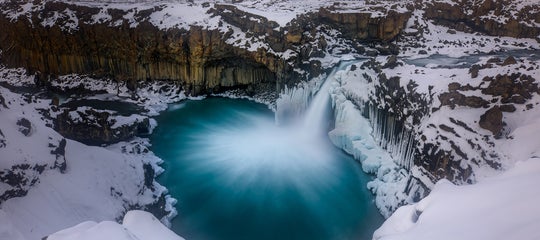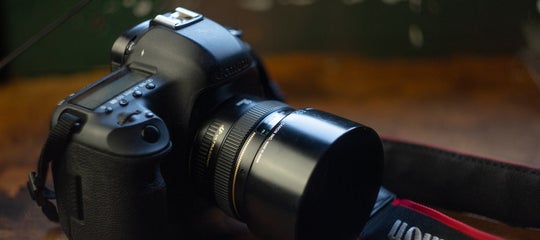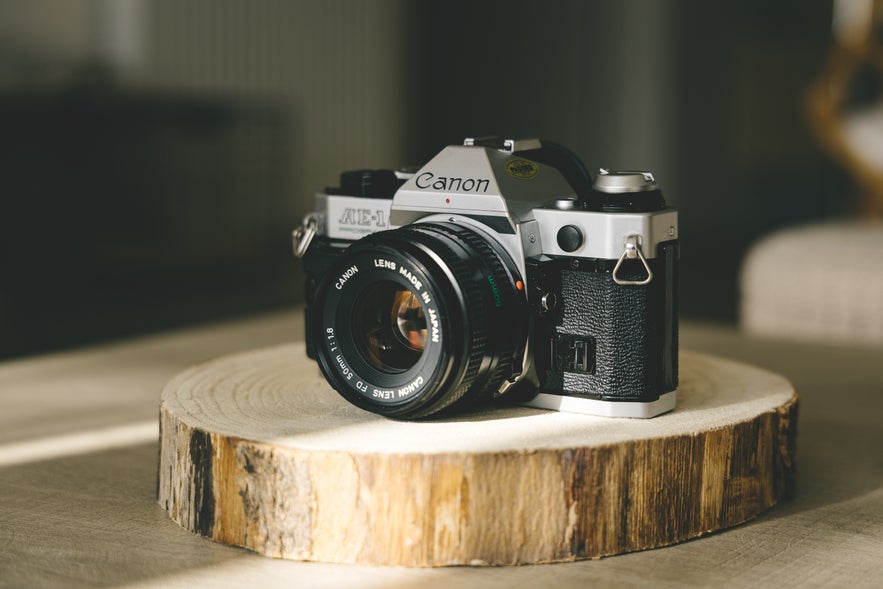
One of the most common dilemmas in the photography world is whether you should buy your camera equipment as new or compromise by looking for a cheaper and older version on the secondhand market. While the first option may sometimes be the safer one, it is also usually more expensive. The latter can be a bit more risky but at the same time, it may also be very rewarding.
- Check out these Camera & Gear Reviews
- Discover the Recommended Camera Settings for Landscape Photography
- Here is the Beginner's Guide to Medium Format Photography
Even if there isn't a definitive answer (otherwise it wouldn’t be a dilemma), there are a lot of tips and tricks that we can give you so that you’ll be able to make a good choice when it comes to making your next purchase. So without further ado, let's take a look at the differences between new and used camera gear.
- See also: The Best Camera Bags for 2020
What to Expect When Buying Used Photography Equipment
When it comes to purchasing used photography equipment, it's a good idea to list all of the pros and cons associated with the particular item that you are looking at. This can give you a better idea of the advantages and disadvantages that you may experience when committing to the purchase.
Advantages of Buying Used Camera Gear
Let’s start right away with the main reason why many photographers choose to buy their gear on the secondhand market. Put quite simply, it’s cheaper. No surprises here, right? However, although something may initially seem cheaper to begin with, this may not be the case in the long run.
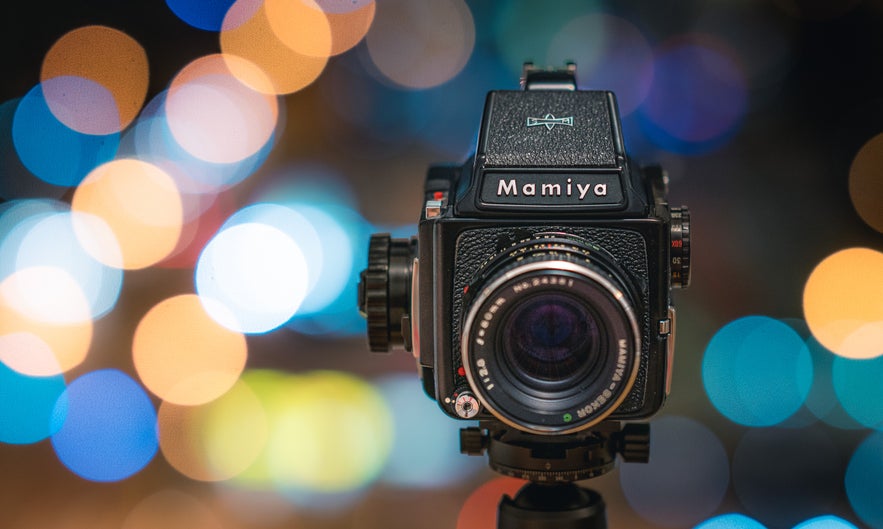 Used camera gear may be cheaper if it isn't rare or sought after! Photo by: 'Unsplash'.
Used camera gear may be cheaper if it isn't rare or sought after! Photo by: 'Unsplash'.
I hear you, sometimes the only way to afford a new lens or camera is to find a deal in the used market. My point is, are they really great deals or just akin to a mousetrap?
Before you buy used camera gear, make sure that you are well aware of how much that object sells for when new – not just the list price but also the retail and online prices. This will give you a clear idea of how much you are actually saving.
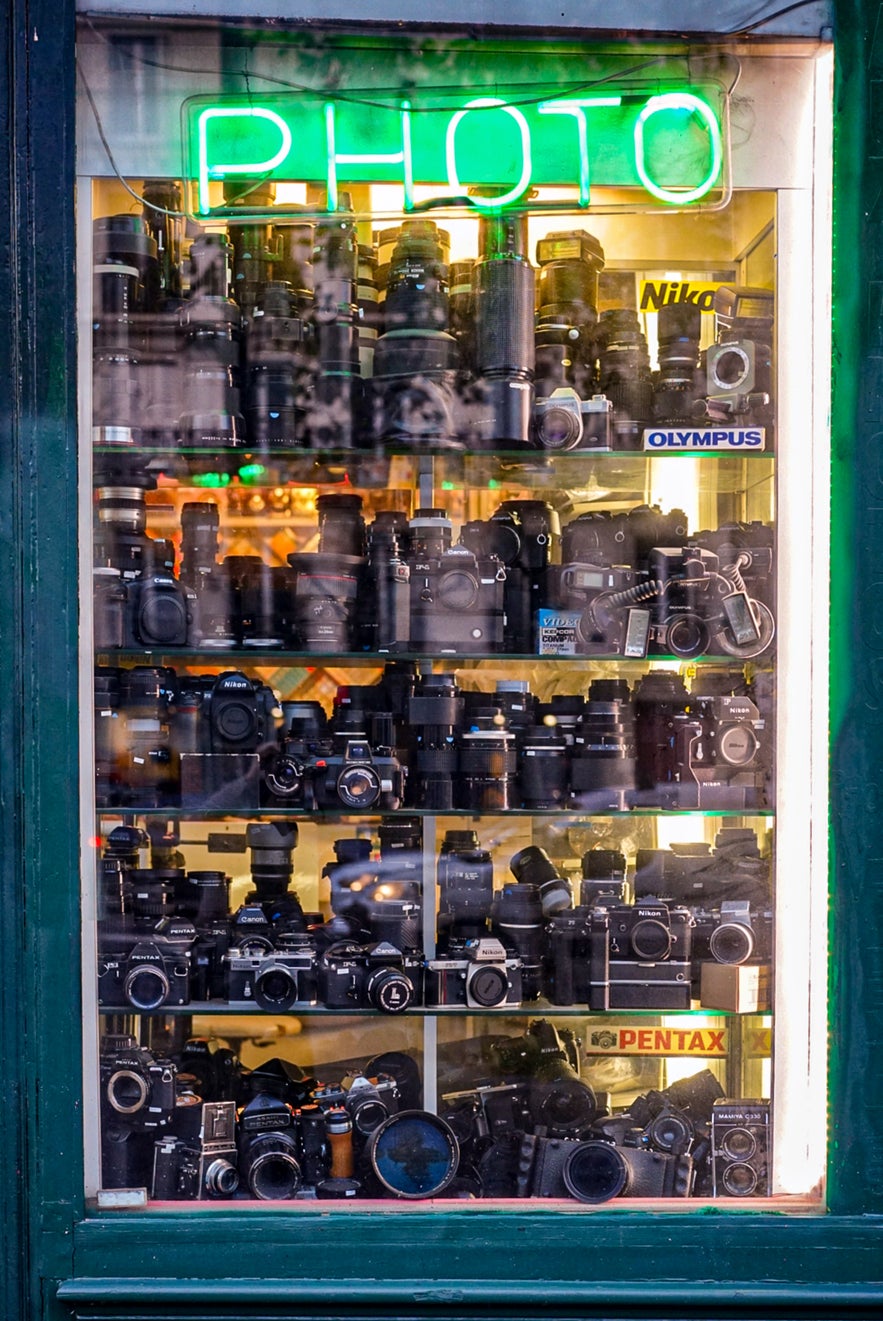 When it comes to buying used items, you need to do your research. Photo by: 'Unsplash'.
When it comes to buying used items, you need to do your research. Photo by: 'Unsplash'.
A crucial factor when it comes to buying used items is how much they've actually been used since they were new. I’ll dedicate an entire section later to talking about what the main things are that you should observe when buying a used camera or lens but just as an example, has it been used for only a few months or it has been used for years? Time is one of the most crucial and important variables when it comes to judging the price of a used item. Is the warranty still valid or has it expired?
As a very general rule, I’d never buy a used piece of gear with less than 15 to 20% difference from the best price I have found for that same equipment as new. Consider that on new items, you will also be paying taxes while on used ones, you won't and neither will the seller. This should be the limit at which you consider purchasing a used piece of equipment over new. Anything less than that and it won't be worth it!
Disadvantages of Buying Used Camera Gear
When buying used items, there’s always a certain degree of risk because you won't know for sure how it’s been used or treated until that very moment in time. For all you know, it may have been in the hands of someone who has managed to keep the object in better-than-new conditions, or it could have been in the hands of a careless owner who wasn’t paying attention to the item, resulting in it taking lots of shocks or hits. Some of these hits may be visible and easily recognisable though others may not be. The unknowns are the most dangerous because unless you disassemble the object and check each component, you will have no way of knowing in advance. All you can do is have faith in the words of the seller and hope he’s telling you the truth.
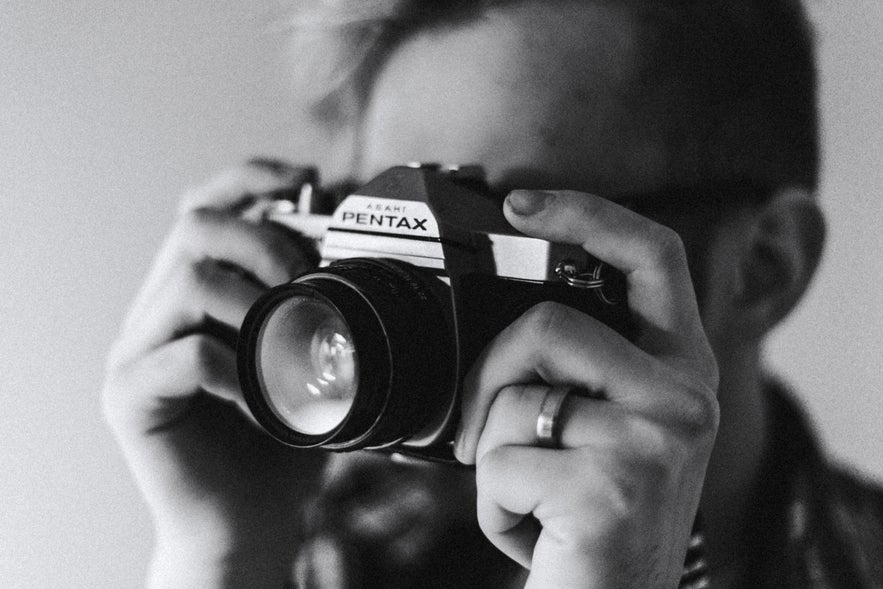 A camera that is over 20 years old is not likely to come with a warranty. Photo by: 'Unsplash'.
A camera that is over 20 years old is not likely to come with a warranty. Photo by: 'Unsplash'.
That’s why, price-wise, it makes all the difference in the world to know if the object still has some time left on the manufacturer’s warranty or not. If the answer is positive, then you won’t be completely on your own if any issues arise. You'll be able to talk to technical support and find a solution together with them. This is why some used items may have a slightly higher price compared to similar used models.
If there is no warranty left, then you will be buying the item at your own risk. The manufacturer's technical support may be still be available for you to use but unless it's a recognised factory issue, then you'll have to fork out more money for it. Trust me, repairs generally don't come at a cheap price.
 If you purchase an item without warranty, you need to be sure that it works. Photo by: 'Unsplash'.
If you purchase an item without warranty, you need to be sure that it works. Photo by: 'Unsplash'.
When purchasing a used object without warranty, you'll be trading the assistance and certainty of having a fully working instrument in exchange for the money you will save by buying it secondhand. If it goes well, then you'll have saved some money to spend elsewhere. However, if an issue arises, then the money you may have originally saved might have to be spent on making repairs instead.
Are you willing to take the chance?
What to Check for When Purchasing a Used Camera
Aside from general criteria in relation to how much time passed since the camera was purchased new, there are other things to check for before you commit to buying a used piece of gear. Time is a great way of measuring the value of the object but it may not always be accurate.
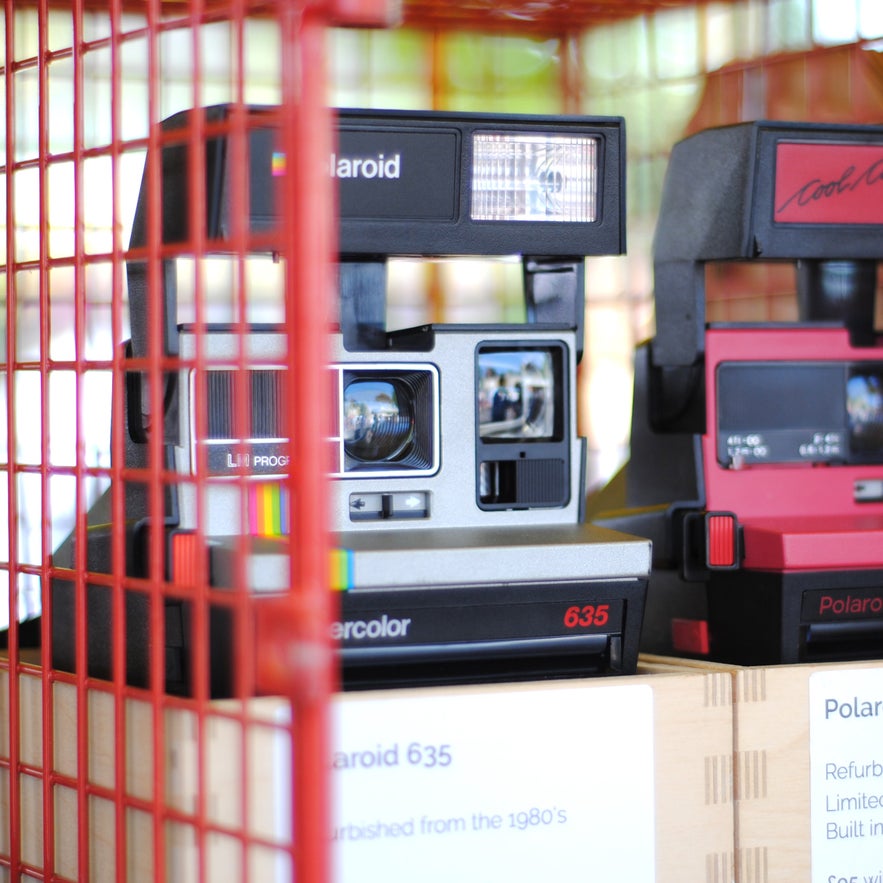 Check how often a camera has been used before you make a purchase. Photo by: 'Unsplash'.
Check how often a camera has been used before you make a purchase. Photo by: 'Unsplash'.
As an example, let's imagine that you are currently undecided between two apparently identical one-year old cameras from two different owners. The first model has been in the hands of an amateur who has rarely used it, while the second one belongs to a professional wedding photographer who has used it heavily for the entire duration of ownership. Which one would you buy?
Most photographers will likely agree on the former. The only problem is that sometimes, you just won't know who the owner is. In a case such as this, how will you know how much use the camera has actually been put through?
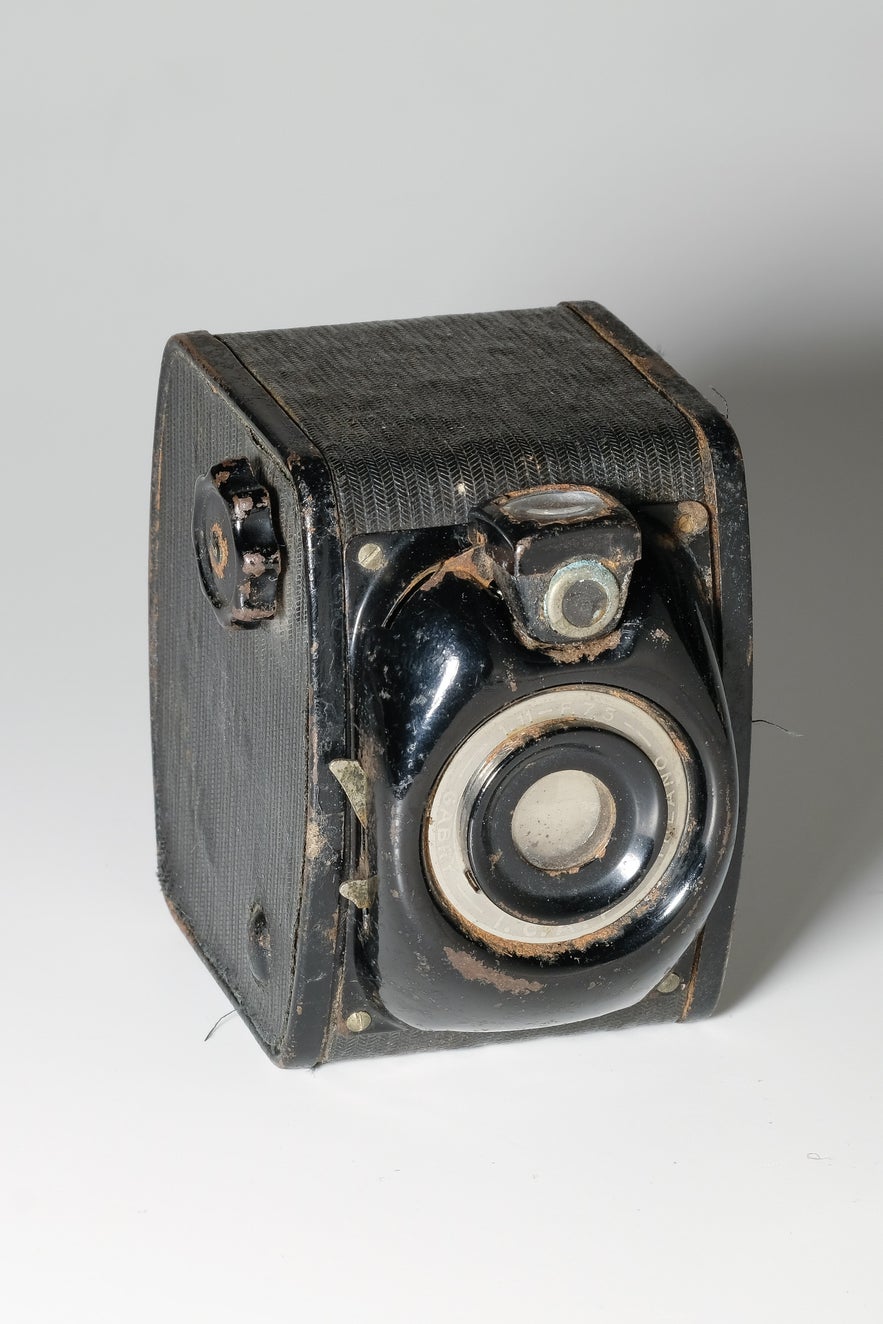 This is not just general wear and tear. Photo by: 'Unsplash'.
This is not just general wear and tear. Photo by: 'Unsplash'.
The answer is easy and it comes in the form of shutter count. With software, you can easily check how many shots have been taken with a particular camera since the day it was first assembled. Sounds fantastic, right? Besides checking the shutter count, you should also try to take the camera for a test run. Take a few pictures with the camera. If there are a few spots where you see halos or weird colours including decreased contrast, then it may mean that there are some oil or dust spots on the sensor. This will cost you some money to fix. Also, be sure that the images are equally sharp throughout the frame.
 Old cameras can come in surprisingly good condition. Photo by: 'Unsplash'.
Old cameras can come in surprisingly good condition. Photo by: 'Unsplash'.
If the camera passes these checks – that is, if it has acceptable wear and tear with a reasonable shutter count – then you can seriously commit to the purchase, as it may be a great deal!
What to Check for When Purchasing a Secondhand Lens
While a used lens may present itself to be an absolute bargain, there may be times when you'll regret buying one in the first place. As I mentioned above, time can be a decent measure for understanding the value of an object but in terms of lenses, it will likely have little to do with the overall quality. Why? Because each lens is unique in its own way. Some older lenses have outstanding features and incredible image quality that make them prized possessions even today.
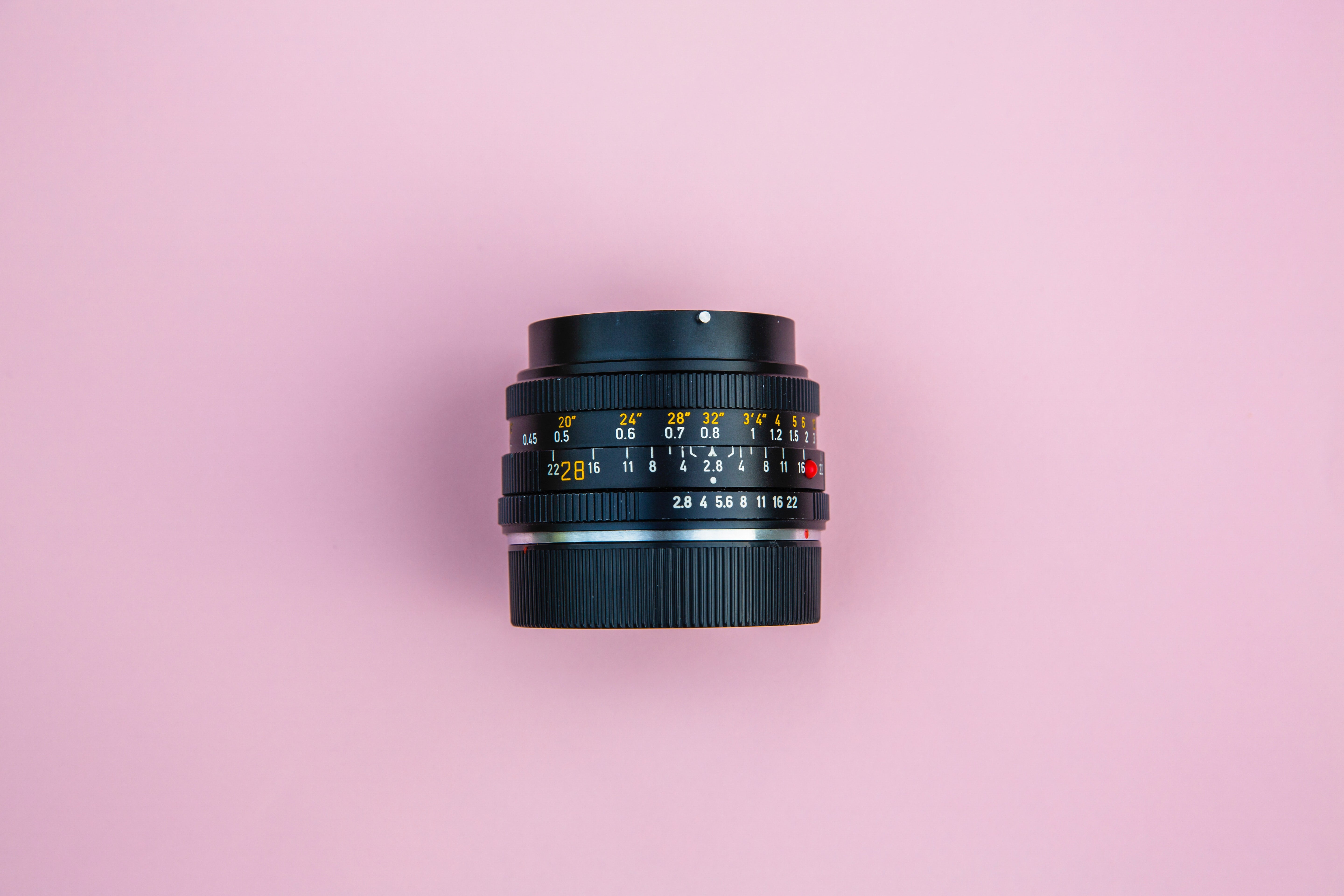 Examine the body of the lens to check for blemishes and damage. Photo by: 'Unsplash'.
Examine the body of the lens to check for blemishes and damage. Photo by: 'Unsplash'.
So, what should you look for when buying a secondhand lens? To start, you should examine the body of the lens. Check whether it has any scratches and if all the rings are in working order. If it’s an autofocus (AF) lens, check whether the AF motor is still working. If it’s a zoom lens, then check to see whether the ring rotates fluidly. Observe the front glass element closely and look for any scratches. Can you see any signs of humidity inside the lens? Are there any hints of mould?
Now, onto the next phase: mount the lens to your camera and take a few shots with it. Look back over the photos you have taken. Are there any problems with the autofocus, such as front focusing or back focusing?
If the lens passes all of these checks, then it's a good idea to consider purchasing it as you may have a lot of fun whilst saving money with a great piece of used equipment!
What to Expect when Buying New Photography Equipment
Now that we've analysed the complexities of purchasing used camera gear, let's examine the more straightforward pros and cons of buying new photography equipment.
Advantages of Buying New Camera Gear
The biggest advantage of buying new camera gear is the fact that you'll have very little risk of your productive being defective or suffering from various other issues. As established by law, new items have to come with the manufacturer's warranty. This generally lasts for two years after your initial purchase date. There is also less of a chance that your new camera gear will break down as compared to used equipment.
 Many camera shops sell both used and new gear. Photo by: 'Unsplash'.
Many camera shops sell both used and new gear. Photo by: 'Unsplash'.
From an economic point of view, sometimes it is worth it to spend a bit more and have equipment that you'll be sure to keep for many years to come, rather than to save a few bucks and having to deal with issues later. The last thing you'll want to do is to have to replace your gear after only a short time because it's no longer working as it should be.
Disadvantages of Buying New Camera Gear
The only disadvantage of purchasing new camera gear compared to buying on the secondhand market is, quite obviously, the higher price tag.
 New camera gear will most likely always be more expensive than used versions. Photo by: 'Unsplash'.
New camera gear will most likely always be more expensive than used versions. Photo by: 'Unsplash'.
My only recommendation here is to look around before you purchase, whether that be online, in stores or wherever the product may be sold. Don't stop looking at the first deal that you find because you may find a better one later on in your search.
What to Check for When Purchasing New Camera Gear
One of the main differences about buying new camera gear as opposed to secondhand equipment is the inability to test the product before committing to your purchase.
When you buy used items, it's usually possible for you to talk to the seller and come to an arrangement about when and where you can meet to give the gear a test-run. If you are satisfied, then you can decide to take it. Otherwise, you are free to leave.
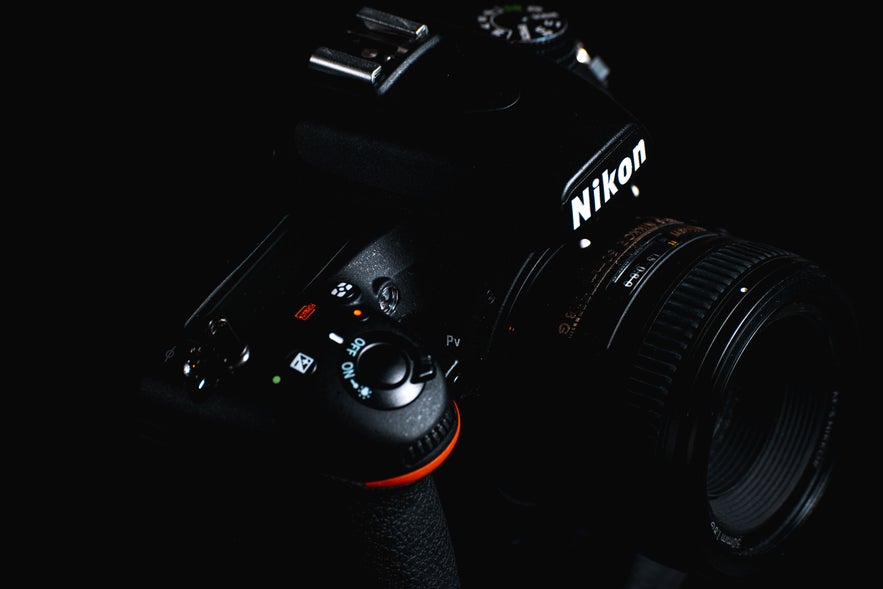 You won't get to test this camera if you're buying online. Photo by: 'Unsplash'.
You won't get to test this camera if you're buying online. Photo by: 'Unsplash'.
This is less likely to happen when you are in the store or online, looking at new pieces of gear. You won't have any chance to test equipment when buying online. It's also hard to find shops and stores that will allow you to try using the gear in-depth, unless you are a really good client and you know the seller.
 Some stores allow for limited testing. Photo by: 'Unsplash'.
Some stores allow for limited testing. Photo by: 'Unsplash'.
So, what can you rely on if testing the gear is not an option? The World Wide Web will come to the rescue! Luckily, there are plenty of websites where you can find all sorts of tests, comparisons, reviews and feedback from other users who may already own the equipment that you are interested in buying. All you have to do is to use a search engine and type in your query. While you still won't be able to physically touch the product, you'll likely find out a lot of useful information that will help you to make a decision about your purchase.
- See also: Best Cameras for Beginners in 2020
What Should You Buy?
As you may have understood throughout this article, when deciding to buy between new and secondhand equipment, it's important that you take into account the risk of damage versus the price of the item. When you exclude extreme cases such as dropping your camera whilst skydiving, the two variables are inversely proportional. That means that the rise of one will correspond to the fall of the other and vice versa.
 Do your research before you settle on new or used camera equipment. Photo by: 'Unsplash'.
Do your research before you settle on new or used camera equipment. Photo by: 'Unsplash'.
There is no absolute answer for the question of whether it's better to buy new or used camera equipment. If your budget allows, then buying new camera equipment may be a safer bet against all of the possible problems that could arise. On the other hand, if you are able to save money by purchasing a used item, then you might be able to go on a trip, pay off other expenses or even purchase extra camera equipment whilst still possessing a great, working tool.
Conclusion
As you can see, whether you choose to buy brand new camera gear or to invest in secondhand equipment will depend not only on your budget but also on a plethora of other variables. I hope I've given you enough advice to help you with the decision-making process, so that you'll know exactly what to look out for before you buy a piece of camera equipment, whether it is new or used.
Whatever you choose to buy, the most important thing is that you are sure of the reasons behind your decision. This will contribute greatly to your level of satisfaction and happiness with the product for quite some time!
About the author: Leonardo Papèra is a landscape photographer based in Italy. You can find more of his work on his website or by following him on Facebook and Instagram.
Have you ever purchased secondhand camera equipment? What was the experience like? Share your thoughts by leaving a comment below!

